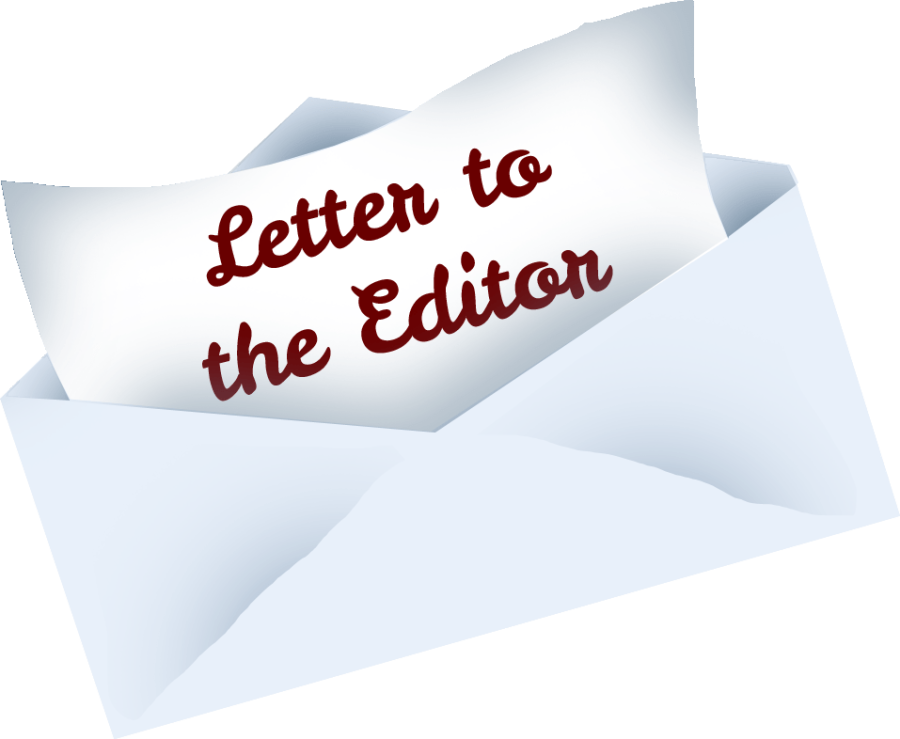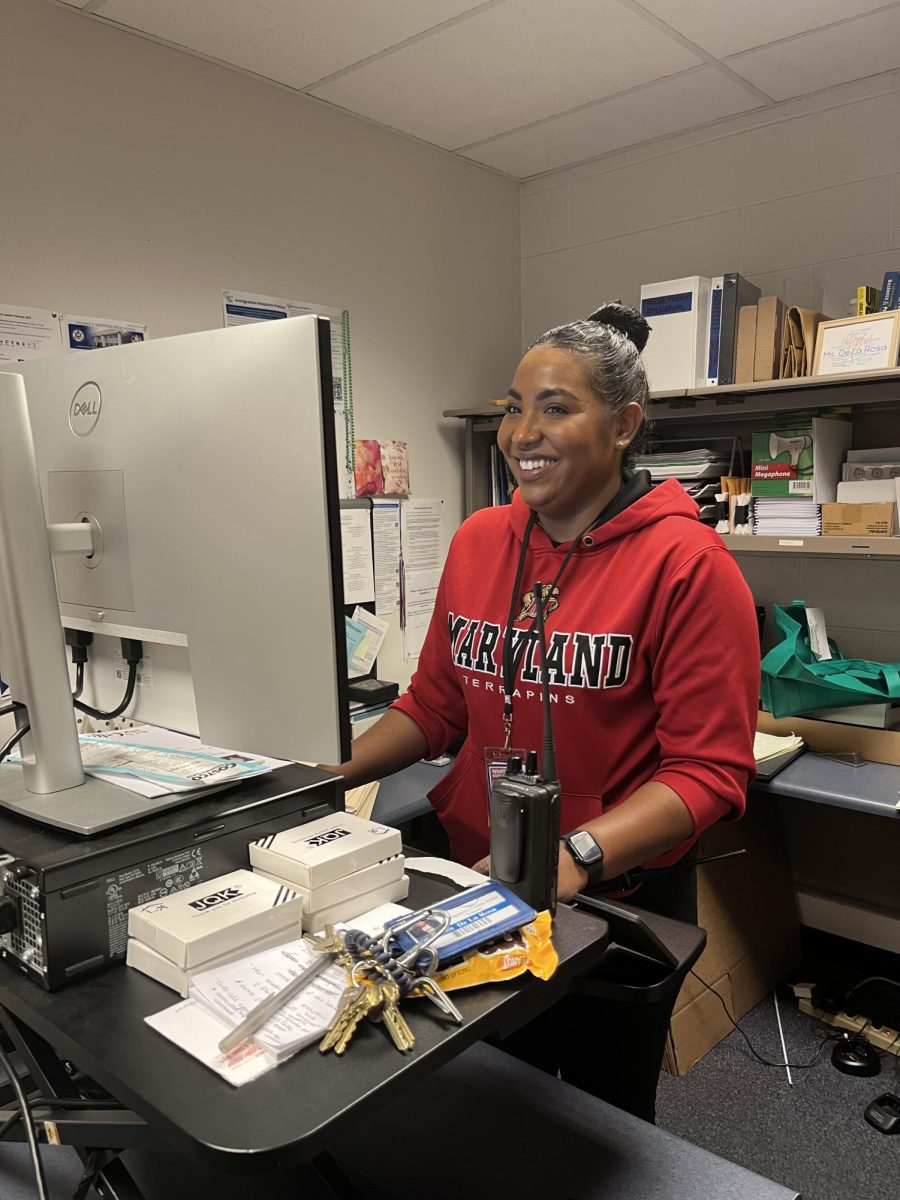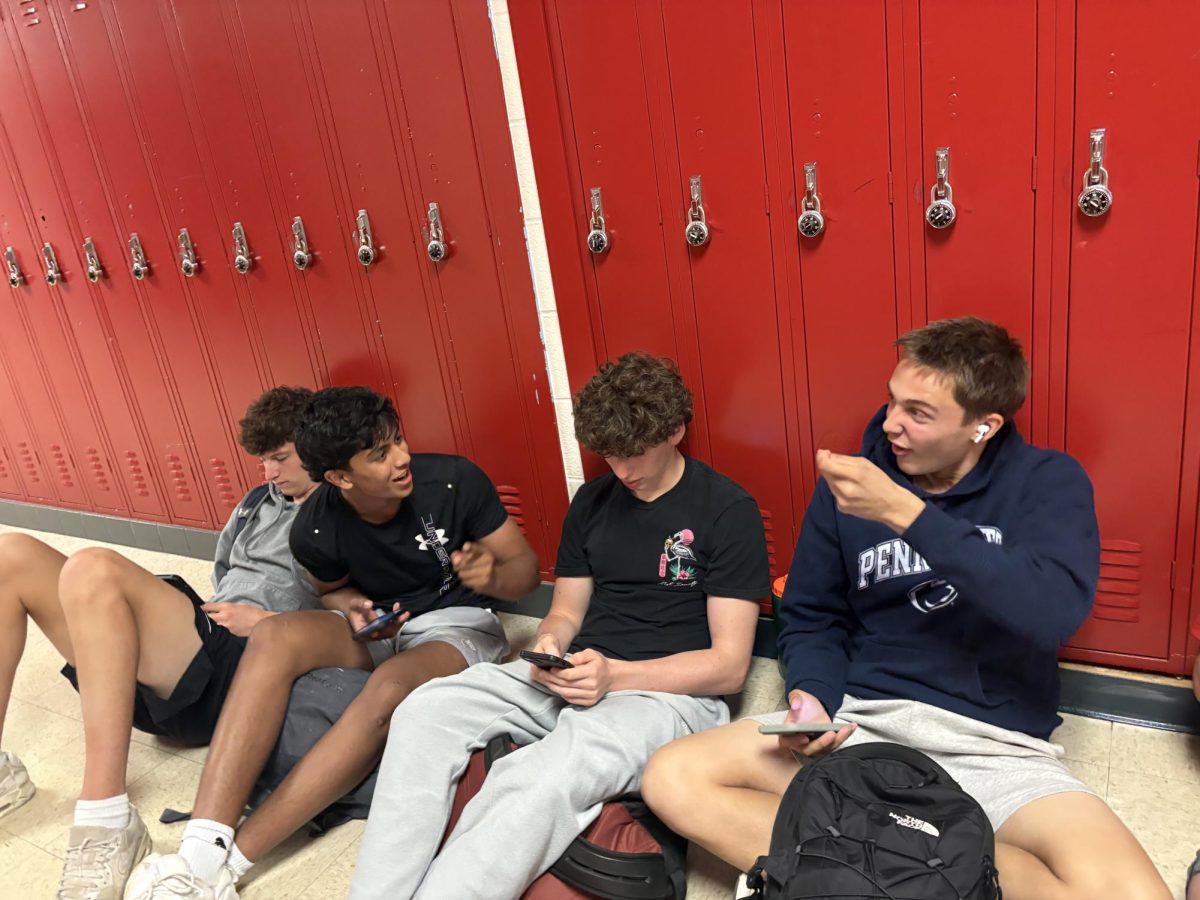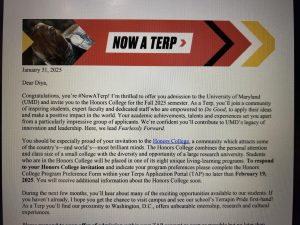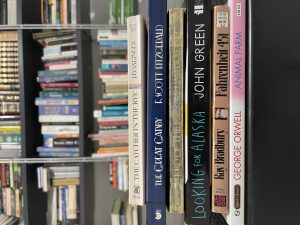Letter to the Editor: Nutrition class assignment has value
October 26, 2022
Amanda,
Thank you for raising your concerns regarding the Honors Nutrition Food Journal Activity. First, I am deeply sorry that it was a negative experience for you and some of your peers you mentioned in the op-ed. As someone who has spent my teaching career looking out for the best interest of Wootton students, it was a shock to see what I consider to be a valuable learning experience turn out this way for you. I want to take this opportunity to point out why I still strongly believe that this assignment has great value for my students.
As I state on the syllabus, the Honors Nutrition course objective is that “students will be educated about the science of nutrition so that they are able to make healthy lifestyle choices at every stage of life.” I have always loved science, and I have taught many different science courses at Wootton. The consistent theme throughout all of them is the practice of using data to make decisions. We are consistently trying to improve the process of getting good data, and then mastering the rules and laws so that we can draw the proper conclusions from that data. I have always especially loved Honors Nutrition, because it lets this process become personalized and practical for every student. I love when students who have taken the
course go on to pursue nutrition-related careers, but my main goal has always been to equip all students to make healthy, data-driven choices for the rest of their lives.
The Food Journal Activity was an opportunity to practice collecting data that might be used to make healthy choices during this, your adolescent stage of life. The intended goal of the assignment was to see how the data provided by food labels (or the chronometer app) feel to us in our daily experience. Soon after this assignment, we studied the energy of the food Calorie and how it is determined. This experience lets us see the energy content of the foods we consume, as well as the amount of that energy we use every day during rest and activity. Later in the course, we will do an in-depth study on the three macronutrients: carbohydrates, lipids, and proteins. This assignment uses label tracking to provide context for that study. Most people are surprised by nutritional profiles of the foods they consume, and this assignment helps you see which foods are the most nutritionally dense. It does not ask for a drastic change in food consumption. The assignment is not graded on what foods students are consuming but how well they make measurements, if they properly calculated their basal metabolic rate using the
provided formulas, and if they adequately answered the analysis/ reflection questions (did students answer the question and use complete sentences, grammar etc). The final question asks for one small change that you could make to improve your habits.
I understand that Calorie counting and reflection on daily levels of physical activity can be a sensitive issue for some students, which is why I have always made an alternate assignment available with no penalty for students who request it. The greatest power of this assignment is the way it provides personal data that can be used to make healthy choices, but students can still learn the science behind matching Caloric intake to metabolic needs and which foods have the greatest nutrient density without making it personal. After reading your op-ed, I recognize that I can work on the framing of this assignment so that students focus more objectively on the data they collect without judgment, and that they come see me or some other trusted adult if the assignment is causing anxiety. As I stated, I want the very best for all of my students and I believe this assignment is one that helps them. But, I will always welcome feedback and think about how to make this experience better for all.
Sincerely,
Mrs. Daugherity – Honors Nutrition Science Teacher


